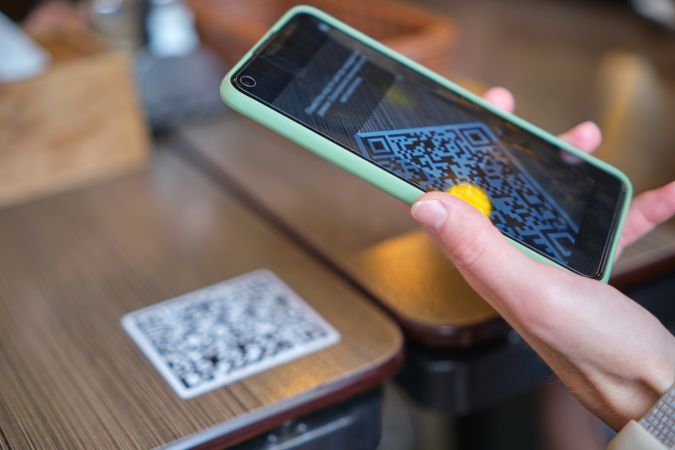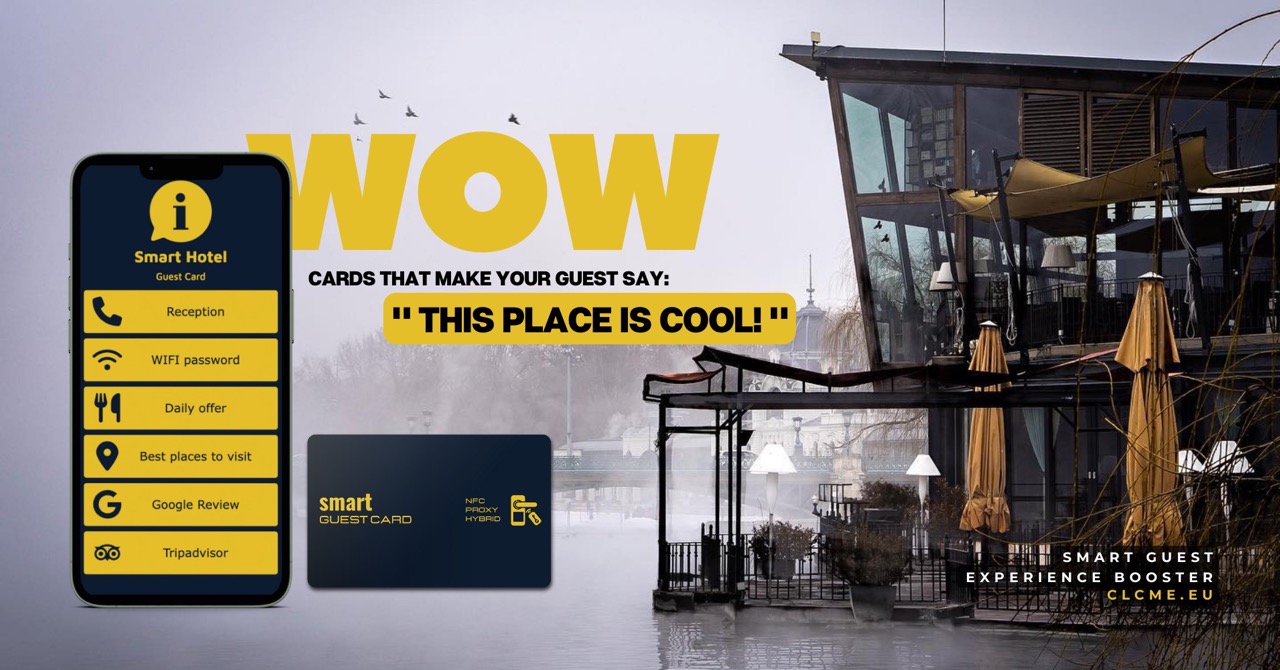
Hotels, once considered budget-friendly accommodations for backpackers, have undergone a significant transformation in recent years. As the competition intensifies, hotel owners and marketers must stay ahead of the curve by adopting innovative strategies to attract and retain guests. In this article, we will explore some of the emerging hostel marketing trends that are expected to gain momentum in the coming years.
In the midst of this metamorphosis, competition in the hostel sector has intensified, challenging owners and marketers to not only adapt but to pioneer innovative strategies that captivate and retain a diverse array of guests. As the compass of traveler expectations points toward new directions, staying ahead of the curve is not merely an advantage—it's a necessity.
To embark on a journey through the evolving landscape of hotels, shedding light on the emerging marketing trends that promise to be the keystones of success in the hotel industry in the years to come. From personalized experiences to tech-driven services and sustainability initiatives, these trends represent the frontier of hotel innovation, providing a roadmap for those seeking to thrive in an ever-evolving hospitality cosmos. Join us as we unravel the layers of change and discovery within the hotel industry, anticipating the pulse of the future that beats at the intersection of innovation and guest satisfaction.

The era of one-size-fits-all hospitality is fading away. Modern travelers seek personalized experiences that cater to their unique preferences and needs. Hotels can leverage data analytics and customer feedback to understand guest preferences, enabling them to tailor services, amenities, and even room décor to create a more personalized and memorable stay.

Social media influencers have become powerful voices in the travel and hospitality space. Hotels can tap into this trend by collaborating with influencers who align with their brand values. Influencers can create engaging content showcasing the hotel's unique features, attracting a broader audience and influencing potential guests to choose their establishment.

With increased awareness of environmental issues, travelers are becoming more eco-conscious. Hotels that adopt sustainable practices, such as energy-efficient systems, waste reduction, and eco-friendly amenities, not only contribute to a greener planet but also appeal to a growing segment of environmentally conscious travelers.

Beyond providing a place to sleep, hotels are focusing on creating unique and memorable experiences for their guests. Experiential marketing involves organizing events, workshops, or collaborations with local businesses to offer guests an immersive experience. This trend helps hostels differentiate themselves and build a loyal customer base.

Technology continues to play a pivotal role in shaping the hospitality landscape. Hotels can enhance guest experiences by incorporating technology-driven services such as mobile check-ins, keyless entry systems, and interactive maps of local attractions. These innovations not only streamline operations but also cater to the tech-savvy preferences of modern travelers.

Hotels are increasingly becoming community hubs, fostering a sense of belonging among guests. Community engagement can take various forms, including social events, partnerships with local businesses, and collaborations with local artists. By actively participating in the local community, hotels can create a unique identity and attract socially conscious travelers.

The rise of digital nomads and flexible work arrangements has led to an increased demand for accommodations that offer flexible booking options. Hotels can capitalize on this trend by providing various booking packages, including long-term stays, coworking spaces, and digital nomad-friendly amenities.

The COVID-19 pandemic has heightened awareness of health and wellness, influencing travel preferences. Hotels can incorporate wellness offerings such as fitness centers, healthy dining options, and mindfulness activities to cater to guests seeking a holistic travel experience.

Hotels with a compelling brand narrative and a unique story stand out in a crowded market. Effective storytelling can create an emotional connection with potential guests, making them more likely to choose a hotel that aligns with their values and aspirations.

Inclusivity and diversity are increasingly important considerations for travelers. Hotels can appeal to a broader audience by adopting inclusive marketing strategies that represent diverse cultures, backgrounds, and lifestyles. This approach not only attracts a more diverse clientele but also promotes a welcoming and open-minded atmosphere within the hotel.
Its seamless integration with emerging trends in the hospitality industry aligns perfectly with the changing expectations of modern travelers. We believe that success in the hospitality industry comes not only from understanding the trends but also from implementing solutions that address the evolving needs of guests. The Smart Guest Card is not just a card; it's a gateway to elevated hotel experiences. By adopting this technology, hotels can position themselves at the forefront of innovation, offering guests a stay that is not only memorable but also in tune with the latest trends in hospitality.

